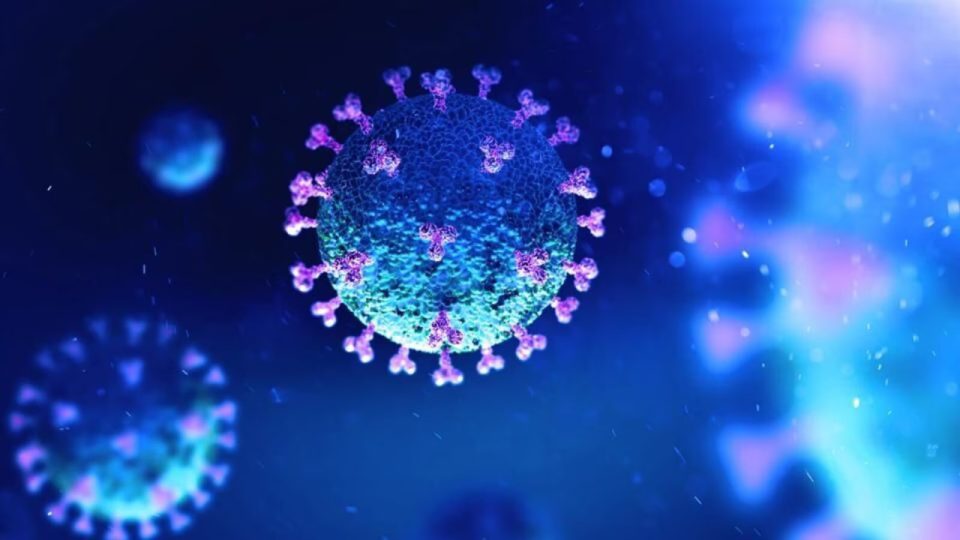As COVID-19 cases experience an upswing in India, several states are urging citizens to adhere to coronavirus protocols. According to Health Ministry sources, as of December 26, the country has reported a total of 109 cases of the JN.1 COVID variant, categorized by the World Health Organization (WHO) as a variant of interest, distinct from its parent lineage BA.2.86. The WHO, however, reassures that the overall risk posed by JN.1 remains low based on current evidence.
The state of Gujarat has recorded the highest number of JN.1 variant cases, with 36 reported cases. Additionally, Karnataka, Goa, Maharashtra, Kerala, Rajasthan, Tamil Nadu, and Telangana have reported cases of this sub-variant. Delhi has reported its first case of the JN.1 sub-variant, alongside two cases of the Omicron variant.
Amid this surge, hospitals in Gurugram have been directed to establish isolation wards and dedicated sections within ICUs for COVID-19 patients. Similarly, Himachal Pradesh’s health department issued an advisory to test patients with COVID-like symptoms and take necessary precautions.
In Delhi, AIIMS has issued guidelines for COVID-19 suspected or positive cases, emphasizing testing for patients with severe acute respiratory infection (SARI) symptoms. Lady Hardinge Hospital has reserved beds for COVID patients, including ICU beds.
The Karnataka government’s cabinet sub-committee on coronavirus has implemented measures such as home isolation, precautionary vaccines for the elderly and those with comorbidities, and acquiring 30,000 doses of the Corbevax vaccine from the Centre.
The Centre, anticipating the festive season, has issued an advisory to state governments to implement necessary public health measures to minimize the risk of increased transmission. It has also directed states to monitor respiratory diseases district-wise.
Experts suggest that the recent spike in active COVID-19 cases may not be solely attributed to the JN.1 variant but could also involve other variants like BA.2.86. Dr. Randeep Guleria, former AIIMS director, notes that while JN.1 is spreading rapidly, it is not causing severe infections or hospitalizations. He emphasizes the need for a new vaccine that covers a broader spectrum of the virus.
Symptoms of the JN.1 sub-variant are reported to be similar to other variants globally, including fever, runny nose, sore throat, headache, and, in some cases, mild gastrointestinal symptoms. Dr. Ujjwal Prakash from Delhi’s Ganga Ram Hospital advises individuals with viral infection symptoms to promptly cover themselves, wear masks, and undergo testing early.
As India grapples with the evolving COVID-19 situation, surveillance for various infections, including the monitoring of emerging variants, is crucial. Dr. Shekhar C Mande, former Director-General of CSIR, emphasizes the importance of comprehensive surveillance to track the spread of infections and ensure a proactive response.
In light of these developments, the nation faces a critical juncture in its ongoing battle against the pandemic, necessitating a collaborative effort between citizens, healthcare institutions, and the government to navigate the challenges posed by emerging variants and rising case numbers.

